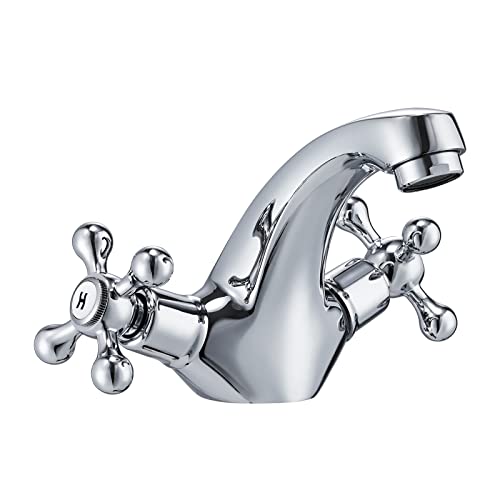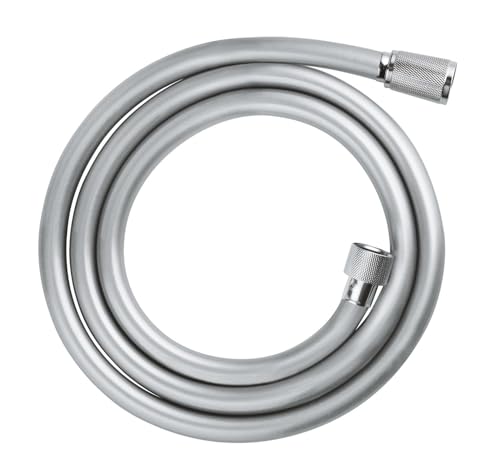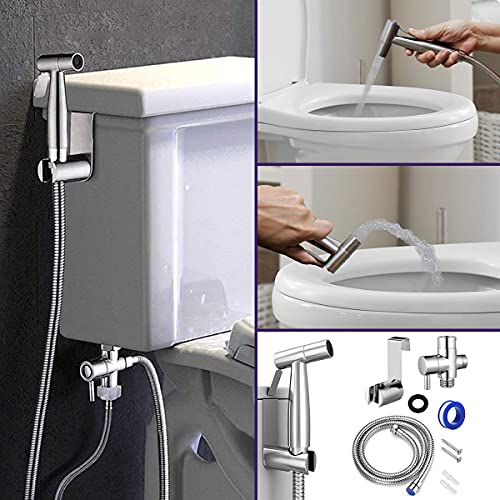Understanding Hard Drives: What You Need to Know
What Is a Hard Drive?
A hard drive is a device that stores your computer’s data, much like a filing cabinet stores documents. Everything you save, from photos to applications, is housed here. When you turn on your computer, it retrieves information from the hard drive, allowing you to work, play games, or browse the web.
How Do Hard Drives Work?
Traditionally, hard drives use spinning disks coated with magnetic material to read and write data. As the disks turn at high speeds, a needle-like arm moves over them to access the data. In contrast, newer technology uses flash memory without any moving parts, offering faster access times.
Why Are Hard Drives Important?
Selecting the right hard drive is crucial for optimal computer performance and storage capacity. An inadequate hard drive can lead to slow load times and may limit how much data you can store.
Types of Hard Drives: Which One is Right for You?
HDD vs. SSD
Hard Disk Drives (HDDs) are traditional drives that are slower but generally cheaper and offer large storage capacities, making them suitable for mass data storage. On the other hand, Solid State Drives (SSDs) are faster, more reliable, and have no mechanical parts, making them excellent for speed-focused applications and operating systems.
External vs. Internal Drives
Internal hard drives reside inside your computer, directly connected to the motherboard. They provide high speeds but require installation. External hard drives connect via USB and offer portable storage options, ideal for backups or transporting files.
Hybrid Drives
Hybrid drives combine features of both HDDs and SSDs. They typically use a small amount of flash memory to improve speed while still offering larger storage like traditional HDDs. This could be a good option if you want a balance between cost and performance.
Key Features to Consider When Buying a Hard Drive
Storage Capacity
Consider how much data you need to store. If you’re only using the drive for documents, a smaller capacity may suffice. However, if you plan to store games, videos, or large applications, look for a drive with higher storage solutions, typically ranging from 500GB to several terabytes.
Speed and Performance
The speed of a hard drive can greatly impact your computer’s responsiveness. For SSDs, look at the read and write speeds in megabytes per second (MB/s). For HDDs, check the RPM (revolutions per minute) as drives with higher RPMs (like 7200RPM) typically perform better than those with lower RPMs.
Durability and Reliability
When buying, consider the drive’s durability, especially if you intend to move it often. SSDs tend to be more durable as they do not have moving parts. Reading customer reviews can provide insight into long-term reliability.
How to Choose the Right Hard Drive for Your Needs
Identify Your Primary Use Case
First, think about what you will primarily use the hard drive for. For gamers or video editors, an SSD might be more suitable. If you mainly store documents or photos, an HDD could be more economical.
Budget Considerations
Next, set your budget. While SSDs can be pricier per gigabyte compared to HDDs, the price gap is narrowing. It’s essential to find a product that balances performance and cost.
Future-Proofing Your Purchase
Lastly, consider the future needs. If you foresee needing additional storage soon, it may be wise to invest in a larger drive now to avoid the hassle of upgrading shortly after.
Our Top Recommendations for Hard Drives in 2023
Best Overall HDD
For those prioritising ample storage and cost efficiency, we recommend the Seagate Barracuda HDD. With various capacities and reliable performance, it serves as a solid choice for everyday users who need a balance of price and storage.
Best Overall SSD
If speed is your top criterion, we endorse the Samsung 970 EVO Plus SSD. It boasts high read and write speeds, making it ideal for gamers and professionals who require swift data access.
Best External Hard Drive
When looking for portable storage, the Western Digital My Passport stands out. Its compact design, reliability, and ease of use make it a favourite for users needing to transfer data on the go.

























